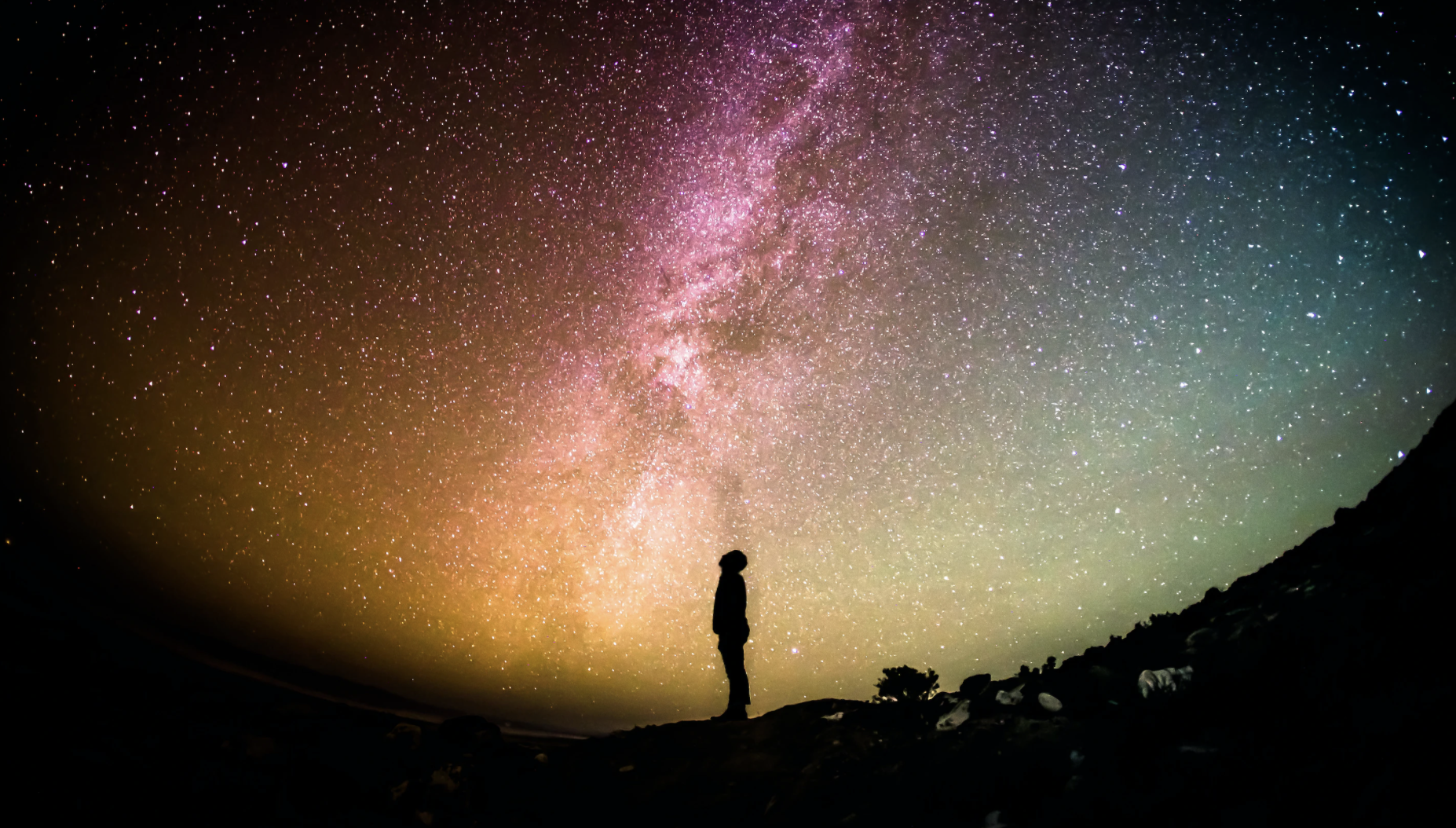For those possessing a keen mind, whenever someone even partially misrepresents a concept, such missteps can sully the remainder of the discussion. It would seem this has occurred for some regarding the Anthropic Principle.
Hopefully, the following somewhat brief overview can sidestep those abuses while still providing a challenging consideration on the other.
In reaction to the Copernican Principle, namely the notion that humanity does not occupy any privileged position in the universe, Brandon Carter in 1973 coined Anthropic Principle. Carter’s intent was to argue that our position, while not central, was indeed privileged to some extent.
After all, for there to be life capable of observing the universe, all of the necessary conditions for such intelligent life would need to be present at the same place and time. Yet such conditions do not exist for all places and all times. Accordingly, our location must be a special spot enjoying all of the necessary conditions, whatever those might be.
Over the years, research has continued to reveal an increasing number of physical parameters required for intelligent life such as our own. At the same time, often these goldilocks zones necessary for life are very small in contrast to the wide range of possibilities.
As originally intended, the Anthropic Principle simply forces acknowledgement of a tautology: The conditions we experience must support life capable of observing the universe. Furthermore, since most locations in our universe cannot support intelligent life, we do occupy a special set of circumstances, even though they may not center us geographically.
The Anthropic Principle was not crafted to promote any theistic implications.
Nevertheless, it is always fair game to probe the data asking what does this mean? What do we make of the fact that the various fundamental laws of physics are each perfectly situated on their own razor’s edge enabling us to be here now? Furthermore our type of galaxy, and our placement within our galaxy, and our type of sun, and our location within our solar system, and our distance from our sun, and our type of planet, and the size of our moon, and so forth are all within the desired and specific goldilocks zones. This is not only a worthy question, but one demanding a reasonable answer.
What is the possibility that even a modest list of these necessary goldilocks zones would converge at a particular place and a particular time? Calculations reveal that the improbability is staggering! Dare we say impossible under blind conditions?
So what explanation possesses the power to account for not only a moderate list of necessary parameters, but for every single requirement we currently know, as well as those yet to be discovered, to be perfectly aligned for intelligent life to be here now?
Physics cannot provide a self-organizational answer, because the laws of physics are themselves exquisitely fine-tuned. Something beyond mere laws appears to be required. If physical principles can not account for this, then might these fine-tuned aspects be the work of a Fine Tuner?
Some fight this implication by positing non-falsifiable and hence metaphysical reasoning to dismiss the accumulating weight of the scientific evidence.
“Scientists and philosophers sometimes discuss what are called ‘anthropic principles’ …. we do not currently have good explanations for why the physical parameters of the universe are what they are. So the question stands out: Why did our universe turn out to be so suitable for life at all? Isn’t that incredibly unlikely?
Like many scientists, I grow uncomfortable when faced with these questions. We are determined to try to overcome any prejudice that we are ‘special’ in any way. Just as Copernicus proposed that Earth is not at the center of the solar system, we are not central to the universe. … One possible solution to the discomfort of assigning ourselves a special status hinges on a conceptual and physical picture of nature that allows for multiple realities or multiple universes.” Scientific American, August 2012, p. 37.
The attempt to reduce the absurd odds for our existence by postulating that we are merely one of many universes or realities reveals a mindset committed a priori to philosophic naturalism regardless where the evidence might lead.
In his book, A Fortunate Universe, astrophysicist Geraint Lewis after surveying the incredible evidence of fine-tuning plays the same card.
“Maybe the problem is that we are treating this Universe as unique, and maybe fine-tuning is not such a problem if we just step back a bit. What if the process that gave birth to the Universe churned out many more?” Geraint and Lewis (Cambridge: 2016), p. 297.
Later in this book, fellow astrophysicist Luke Barnes cut to the chase with two ideas:
“Is what you can imagine a guide to what is absolutely possible?” (p. 333); and
“Theism’s rival is naturalism, not science, and theism offers an explanation where naturalism offers none” (p. 336).
The poetic language of the Psalmist reveals the other possible path people can take. We can marvel about God’s concern for humanity in such a vast universe.
“O LORD, our Lord, … you reveal your majesty in the heavens above! …When I look up at the heavens, which your fingers made, and see the moon and stars, which you set in place, of what importance is the human race, that you should notice them? … (Yet) You grant mankind honor and majesty.” Psalm 8:1,3,4,5 NET
- Do People Change? People Do! - 2026-02-25
- AI and the New Inbreeding - 2026-02-18
- A Starting Point: The Passion of the Christ - 2026-02-11
